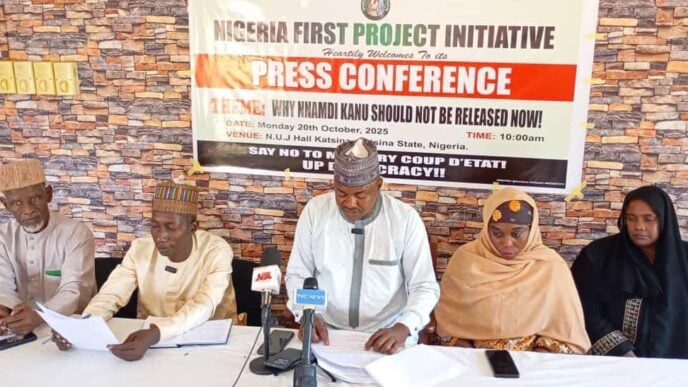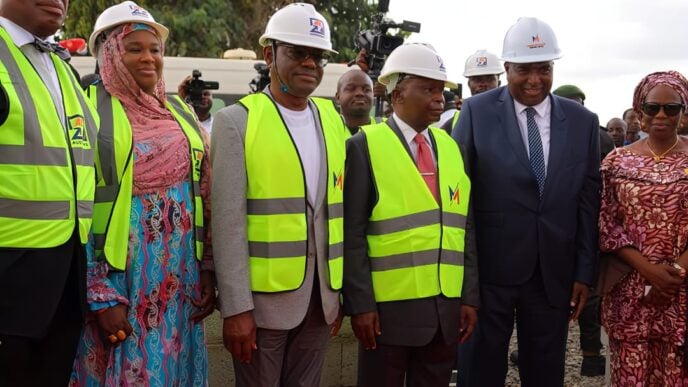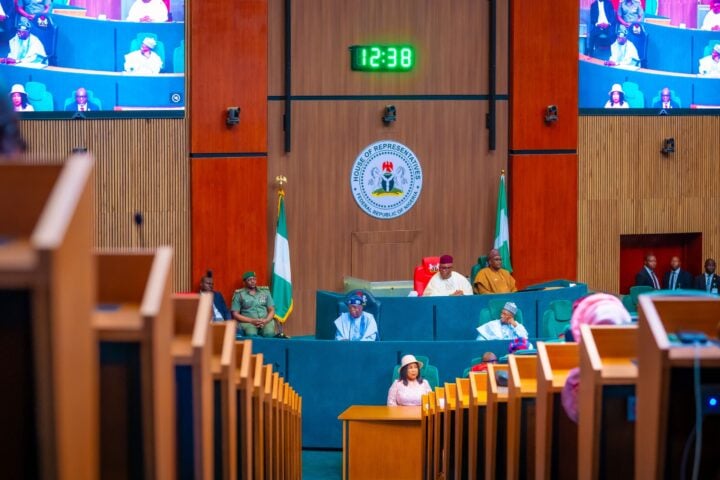The Centre for Digital Justice and Consumer Rights (CDJCR) has urged the Nigerian Communications Commission (NCC) and the Central Bank of Nigeria (CBN) to enforce strict sanctions on operators that fail to meet standards under the new framework for resolving failed airtime recharges and data transactions.
In a statement issued on Monday, Kenechukwu Opara, executive director of the centre, commended both regulators for their joint initiative, describing it as a long-overdue consumer protection reform that would restore public trust in Nigeria’s digital payment system.
Opara said the framework, which aims to ensure accountability among all parties involved in electronic transactions, marks a major step towards protecting millions of telecom users who lose money to unresolved or delayed reversals.
“For far too long, consumers have borne the brunt of system failures that are neither their fault nor within their control,” the statement reads.
Advertisement
“This new collaboration between the NCC and the CBN represents a decisive move to end the culture of impunity and neglect that has defined digital transaction failures in the telecom sector.”
He praised the leadership of the NCC under Aminu Maida, executive vice-chairman, for prioritising consumer welfare and taking a proactive approach to addressing key issues affecting telecom subscribers.
According to him, the synergy between the NCC and the CBN demonstrates that effective collaboration between regulators can deliver practical solutions in Nigeria’s rapidly evolving digital economy.
Advertisement
“Consumers are not just users; they are the backbone of the telecom and financial systems,” Opara said.
“By ensuring that customers get full value for every recharge and data purchase, the NCC is not only protecting rights but also deepening trust in Nigeria’s cashless and digital inclusion policies.”
He called on both regulators to ensure that the new framework includes clear timelines, transparent processes, and enforceable sanctions against defaulting operators.
“We encourage both regulators to publish the service level expectations for all stakeholders — telecom operators, payment processors, and financial institutions — so that consumers know who to hold accountable when transactions fail,” he added.
Advertisement
Opara also commended the CBN for recognising the importance of consumer protection within its financial inclusion framework.
He noted that digital financial services have become essential to daily life, especially for low-income Nigerians who depend on mobile platforms for microtransactions.
He said the partnership between the two institutions should serve as a model for inter-agency cooperation across other sectors.
“This kind of collaboration shows that government institutions can truly work in the interest of citizens,” he said.
Advertisement
“What matters now is strict compliance and constant review of the framework to adapt to new technologies and emerging consumer challenges.”
Opara urged telecom operators and banks to align with the new regulatory standards fully, stressing that customer satisfaction must remain central to their business practices.
Advertisement
He reaffirmed CDJCR’s commitment to monitoring compliance and advocating for fair and transparent digital services for Nigerians.
Advertisement











